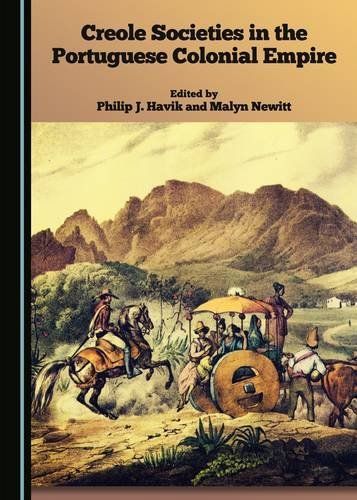
Creole Societies in the Portuguese Colonial Empire
In 2004, a conference was held at King’s College London to commemorate the centenary of the birth of Charles Boxer. The theme of the conference was the development of the culturally mixed ‘Portuguese’ societies in Asia, Africa and America, which reflected Boxer’s own interest in the social history of Portugal’s overseas empire. Although the conference papers were published by Bristol University, this volume is long out of print and the outstanding quality of many of the contributions has made it necessary for this collection to be republished. Portuguese overseas expansion over a period of five centuries led to the formation of many mixed or creole communities which drew culturally not only on Portugal, but also on indigenous societies. This cross-cultural interaction gave rise to a creole ‘Portuguese’ identity that in many cases outlasted the formal empire itself. Reflecting upon the main tenets of Boxer’s work, this collection provides a broad geographical perspective upon areas of Portuguese presence in Guinea, Cape Verde, Angola, São Tomé, Brazil and Goa. The chapters cover a wide range of social strata, including plantation slave and maroon communities, private settler-traders and pirates, indigenous trade-diasporas, and Luso-African, Luso-Brazilian and Afro-Brazilian groups, as well as the formation of Creole elites against the background of shifting racial, gender, ethnic, linguistic and religious boundaries. As such, this collection represents an exercise in ‘subaltern’ history which shows that the informal social relations were often more important in the long term than the formal structures of empire.